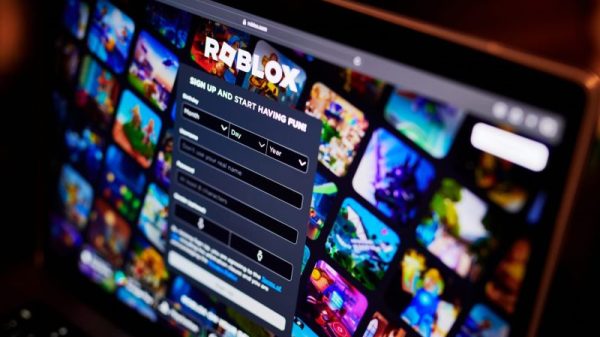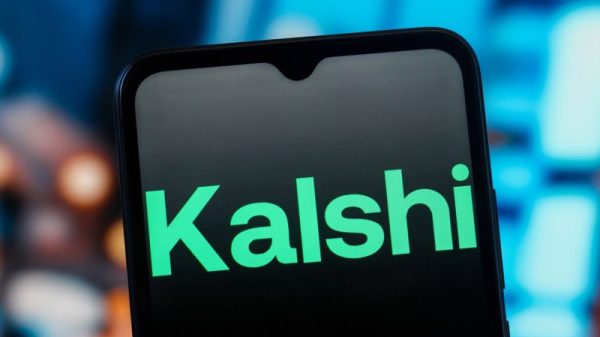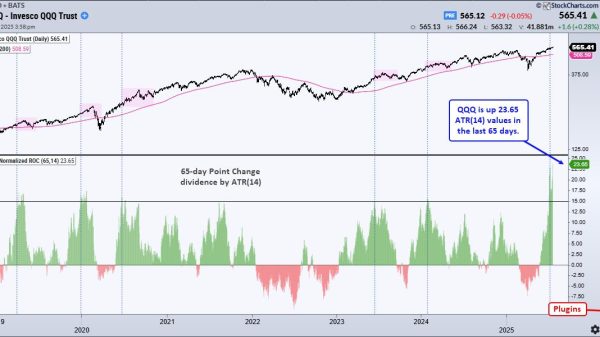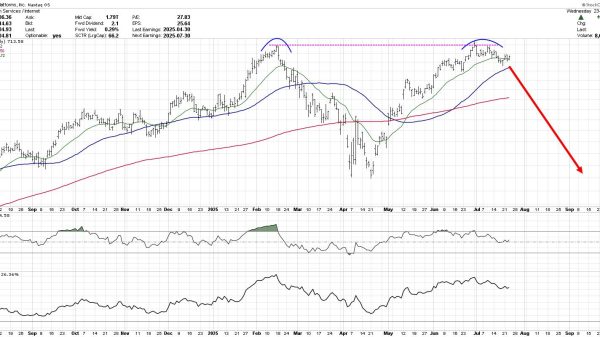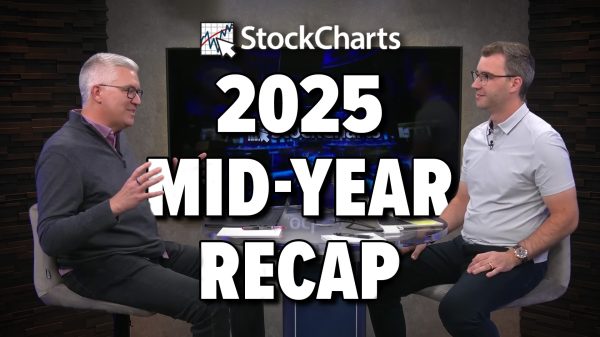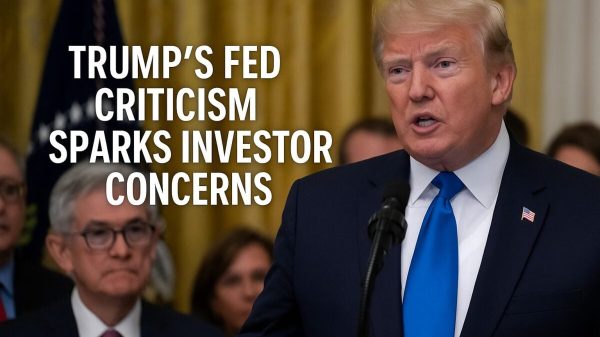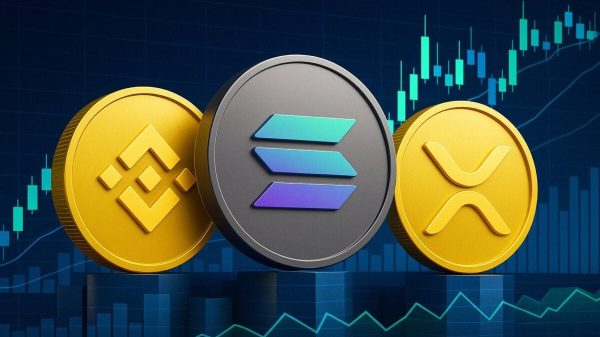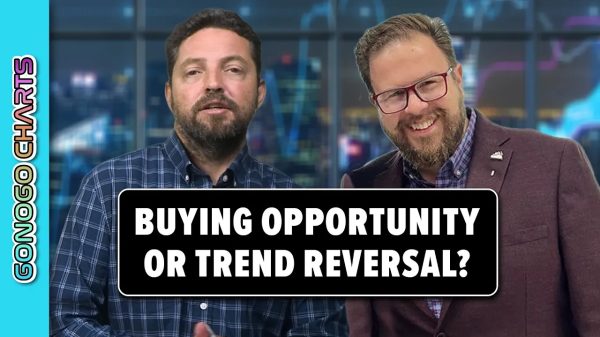
What is SPOT trading in crypto?
Are you curious about what spot trading in crypto is all about? Let’s break it down. Spot trading in the world of cryptocurrency is an exciting way to engage with the market.
Unlike futures trading or options trading, where you’re dealing with potential future prices, spot trading is all about the here and now. It’s buying and selling a crypto asset at its current market price. It’s a popular choice for those looking to capitalize on short-term price movements.
In this article, we’re diving into how spot trading works in the dynamic realm of trading in crypto. We’ll explore the strategies that spot traders use, the nuances of this method compared to futures or options. Also, we’ll see why many prefer this direct approach for buying crypto.
Whether you’re new to the scene or looking to sharpen your trading methods, understanding spot trading is crucial for navigating the crypto waters. So, let’s get started and unlock the secrets of engaging in spot trading in the crypto world!
SPOT trading: explanation
Spot trading is one of the most popular ways to buy and sell cryptocurrencies. But what is it, and how does it work? In this article, we’ll explore spot trading in-depth, so you can learn everything you need to get started with cryptocurrency investing.
For most investors in the cryptocurrency market, the first transactions are made in cash, most often in the form of purchasing bitcoins or ethers. This type of trading is particularly suitable for long-term investment, and it is the door that the vast majority of us use for a first investment.
Spot trading definition

Before we answer the question what is spot trading in crypto, let’s see the general definition. Spot trading is a special type of trading that involves buying and selling financial assets (for example, currencies, stocks or cryptocurrencies).
The act of sale and purchase is concluded immediately between the two parties, and the exchange of assets is instantaneous, which differs from other financial instruments.
The key to successful trading is understanding risks and managing them correctly, which involves making the right decisions based on conditions and having good financial planning. Spot trading is no exception, so make sure you invest sensibly and have a strategy.
That being said, spot trading is most suitable for a long-term investment strategy such as “buy and forget” (buying for the long term without managing the position on a day-to-day basis).
Understanding different ways of crypto trading is essential for traders venturing into the crypto market. Spot trading is one of the most popular. So what is spot trading in crypto?
Why is the spot market in crypto?
Cryptocurrencies have quickly become popular and investors are looking to profit from market fluctuations. Investing in the cryptocurrency spot market can offer traders a simplicity not found in the futures market or with margin trading.
On the other hand, with spot trading, there is no risk of experiencing liquidation of your holdings, because you are buying with your own dollars, without borrowing funds from a third party.
In addition, you receive the traded cryptocurrency directly, and are free to dispose of it as you wish (lending it to receive interest on a platform, using it in DeFi or storing it in your wallet, if possible using cold storage for a maximum level of protection).
What to look for when choosing a spot trading platform?
If you are looking for a spot trading platform, it is important to carefully consider the broker or platform you choose.
Check that the platform offers services tailored to your needs and level of trading knowledge. Also make sure it provides reliable customer service, ideally available 24/7 to assist you when needed.
Carefully evaluate any additional fees associated with deposits and transactions and put your funds on a platform that offers reasonable rates. Most importantly, read reviews from past users to get a clear and objective overview, so you can be sure you’re making the best possible choice, or turn to our exchange guide.
You will mainly have two options for crypto spot trading: go through a centralized or decentralized exchange (GMX for example). Each has its own advantages and disadvantages, so make sure you choose the most suitable for your use.
The main difference to remember is that by going through a centralized exchange, you will have to deposit funds on it, and will therefore lose control of it to delegate it to the exchange.
Conversely, by using a decentralized platform, the exchange will take place from wallet to wallet, without ever delegating your funds.
Centralized exchanges

Centralized exchanges (CEX like eToro or Binance) are platforms, owned and managed by companies which ensure that the operations and custody of the cryptocurrencies delegated to them are secure. Other tasks that fall to a centralized exchange include regulatory legality in countries where it is available, KYC (Know Your Customer, via identity verification), customer data protection and user support.
To make spot purchases on a centralized exchange, you will first need to load your account with fiat currency (euros or dollars). Subsequently, you will therefore be able to carry out fiat/cryptocurrency transactions (in both directions), or spot cryptocurrency/cryptocurrency transactions.
Decentralized exchanges
Decentralized exchanges (DEX), unlike centralized platforms, are not managed by a company that ensures the proper functioning of the pmarket ace. Instead of these, the DEX relies on smart contracts to connect sellers and buyers.
On most DEXs (Uniswap, PancakeSwap), the user does not need to create an account and make their identity known. All he has to do is connect to the application using his wallet on the blockchain, and he can start trading cryptocurrencies there for cash. Exchanges then take place from user wallet to user wallet, the computer code present in the smart-contract ensuring that the transactions take place as planned.
Using DEXs often allows for greater anonymity than using a centralized platform, as there is no need to go through KYC to use the platform. On the other hand, it avoids having to suffer the risks inherent in the delegation of your assets to a centralized platform (embezzlement, bankruptcy, etc.)
Spot trading vs futures trading
The spot market therefore allows the immediate acquisition of an asset, cryptocurrency or otherwise. Conversely, investors can turn to the futures market to trade. On the latter, purchases and sales agreed on one date will be settled at a later date, the “maturity date” of the contract.
conversely, in the spot market, participants exchange assets directly. On the other hand, on the futures market, only contracts indexed to the price of the underlying asset are exchanged, and settlement is made in fiat currency at the scheduled maturity.
Spot trading vs margin trading
Spot trading represents trading personal capital. Margin trading involves borrowing funds and offers larger profit opportunities. But it also involves more risks. If your investment decreases in value, you might face a margin call which requires you to use more funds to your account.
Pros and cons of spot trading in crypto

Now that we have answered the question ‘ ‘what is spot trading in crypto’’, let’s summarize its main perks and drawbacks.
Spot trading in crypto has its advantages and disadvantages:
Advantages:
- Spot trading is simple. You need to buy at a lower price and sell at a higher price.
- You are the actual owner of the crypto assets and you can entitle them to hard fork benefits or airdrops.
- Compared to futures trading and margin trading it involves lower risk since you can only lose what you invest.
Disadvantages:
- Your profits are limited to the difference between selling and buying price.
- Also, the profitability depends on the market volatility and price swings. And that you cannot predict.
- Cryptos kept in digital wallets are subject to hacking.
How to spot trade crypto on crypto exchange?
For spot trading crypto you need to follow these steps:
First register on crypto exchange at your choice. Deposit funds in your digital wallet and visit the trading page. Choose the cryptocurrency pair for trading and place buy/sell orders.
Once the market order is filled, the transaction is done. On the trading page you can see order books showing buy and sell orders helping traders to make informed decisions.
The bottom line
Grasping the basics of spot trading in crypto and its mechanics is essential for newcomers to the crypto trading arena.
This method offers advantages like straightforwardness and reduced risk, yet it faces challenges like reliance on market fluctuations.
Just like any other investment, conducting extensive research, having a solid strategy, and applying careful risk management are key to succeeding in the world of crypto spot trading.
The post What is SPOT trading in crypto? appeared first on FinanceBrokerage.

